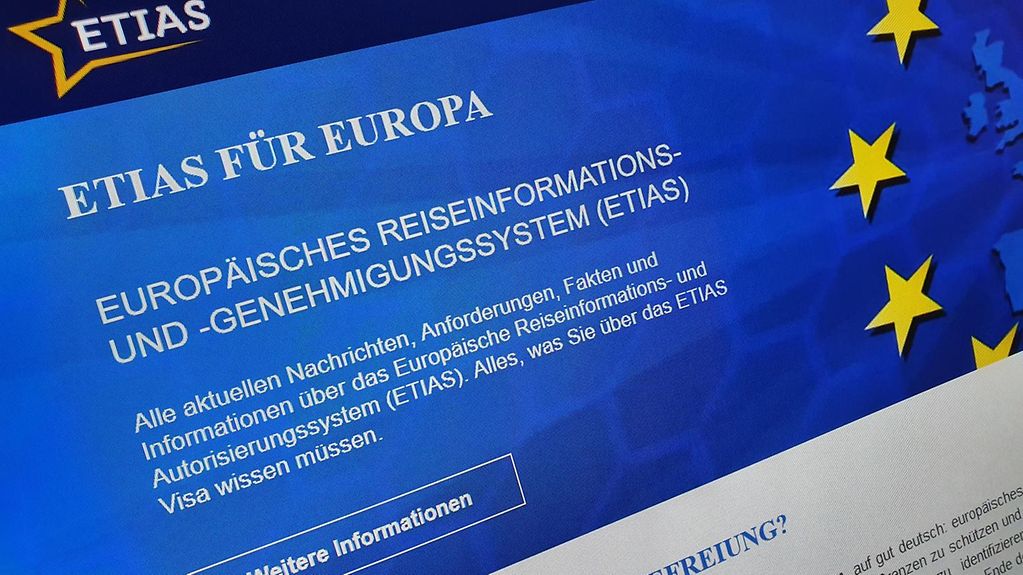EU Home Affairs Council
At a video conference, EU home affairs ministers have discussed ways of fighting terrorism and various aspects of the pact on migration and asylum. Federal Minister of the Interior Horst Seehofer said the discussions were a good sign. "We will take an uncompromising line to fight this terrorism and extremism."
2 min reading time

European Travel Information and Authorisation System (ETIAS): important anti-terrorism measures
Photo: Bundesregierung/Stutterheim
Federal Minister of the Interior Horst Seehofer outlined the EU’s joint efforts to fight terrorism at a press conference. "The population can rely on European governments doing everything possible to finally get this scourge of our time under control."
The minister praised the sound existing common base of the member states in the fight against terrorism. This must now be taken into greater account in practice. "We are building on a sound foundation. What we now need is to improve and optimise a few things."
Horst Seehofer listed the main points laid out in a joint statement on the recent terrorist attacks in Europe:
- The states of the European Union will stand together and defend their common values: the rule of law, liberty and pluralism.
- This is not a fight against a religion, but a fight against fanaticism and violent extremism of every sort.
- Information sharing inside Europe and on cross-border travel is to be improved.
- Member states aim to significantly improve protection of the external borders.
- Online terrorist content is to be removed swiftly.
The security situation in terms of extremism and extremism in Europe is also to be a priority at the meeting of the European Council in December.
Where does European asylum policy go from here?
Managing migration and dealing with refugees will be crucially important issues in future, and Europe will have to find convincing responses. At their video conference on Friday, the home affairs ministers also discussed various aspects of the pact on migration and asylum, that was proposed by the European Commission on 23 September.
The core elements of the new pact are:
- Procedures at the EU’s external borders
- More efficient repatriation
- Fair and crisis-proof solidarity mechanism among all member states
- Greater cooperation with third states
- More legal migration options and rigorous action against human traffickers.
Deliberations are to be continued at the December meeting of the Justice and Home Affairs Council.
The European Commission presented its new pact on migration and asylum on 23 September. It aims to realign and modernise European migration and asylum policy. The reform is an important priority of Germany’s Presidency of the Council of the European Union in 2020. The aim is to achieve a political agreement by the end of the year that embraces the essential pillars. The first legal instruments would then follow during Portugal’s Presidency in the first half of 2021.